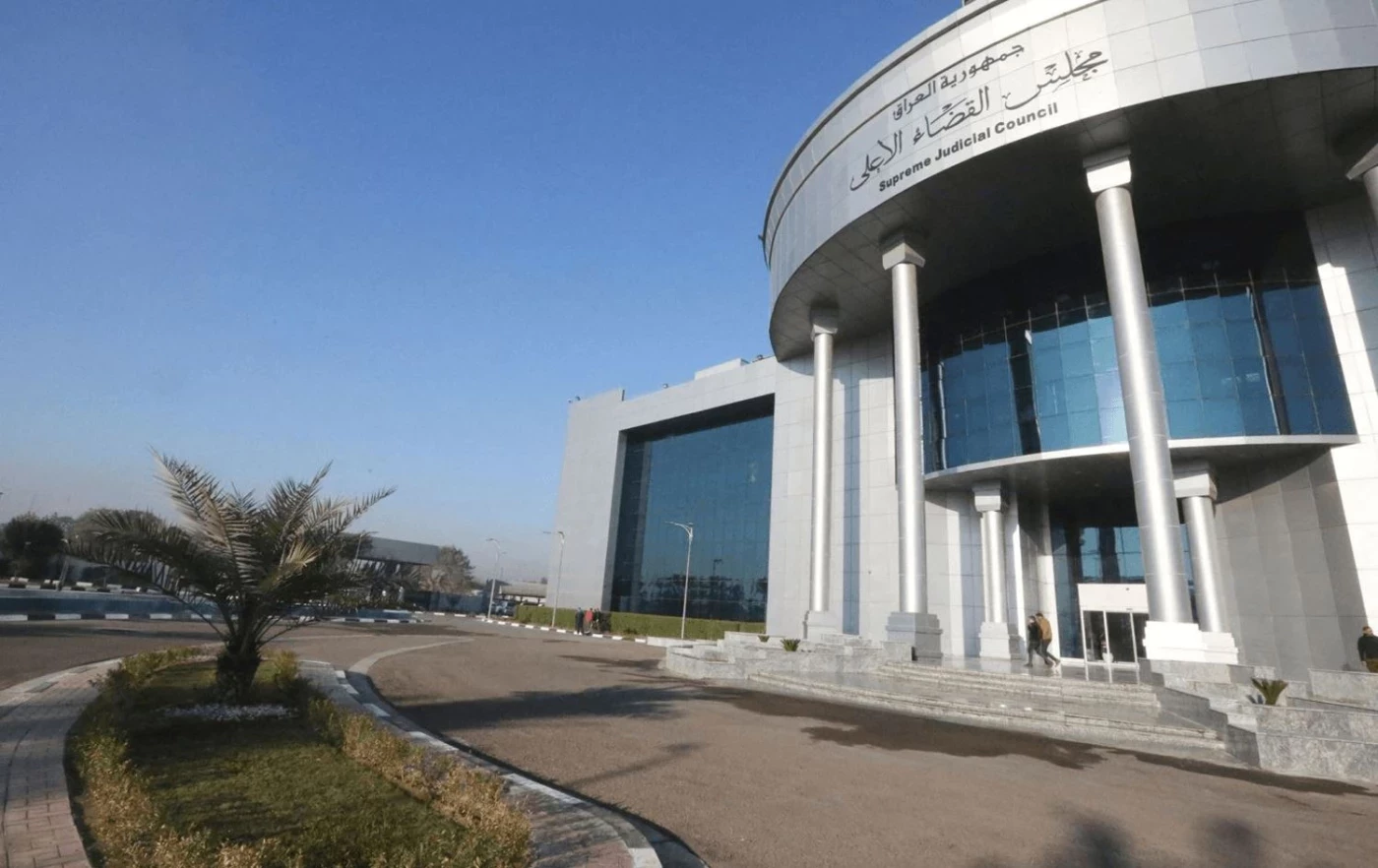ERBIL, Kurdistan Region of Iraq - Iraq’s Federal Supreme Court will resume its sessions next week after a two-week pause caused by internal disputes and the resignation of several judges, an official at the presidency said Monday, with the court's first session set to review funding for civil servant salaries in the Kurdistan Region.
Hawri Tawfiq, director of international relations and organizations at the Iraqi presidency, told The New Region that “all issues within the court have been resolved and sessions will restart next week.”
He said the first session is expected to focus on the salaries of public employees in the Kurdistan Region. Before the recent resignations, the court had planned to meet and issue a temporary order on the matter.
In late May, the Iraqi finance ministry informed the KRG that it would suspend funding the Region for the rest of 2025, claiming that Erbil had already exhausted its share of the annual budget. Baghdad’s decision, deemed “a political decision” by Kurdish authorities, jeopardizes the livelihoods of the Region’s over one million salaried workers for eight months
“All opinions now point toward the court making a decision about the Kurdistan Region’s salaries,” Tawfiq said.
The court’s work was halted earlier this month after nine judges resigned due to political disagreements, including over the disputed Khor Abdullah waterway between Iraq and Kuwait, with the court having annulled the law ratifying an agreement between the two countries relating to the tidal channel due to the “unconstitutionality of the parliament's vote,” saying the process was held without the two-thirds majority needed to vote on international agreements.
The Khor Abdullah deal delineates the control of the Khor Abdullah waterway in the south of Iraq, drawing a line down the river’s center to divide maritime rights between Iraq and Kuwait.
Kuwait, along with the Gulf Cooperation Council (GCC) states, expressed their concern at the Iraqi court’s blocking of the agreement.
Both Iraqi President Abdul Latif Rashid and Prime Minister Mohammed Shia’ al-Sudani appealed the decision, urging the court to reverse course, with the political pressure being cited as a key reason for the mass resignations.
“The resignations are related to the pressure exerted on the court relating to the Khor Abdullah case,” Iraqi MP Raid al-Maliki told The New Region.
Following the resignations, Federal Supreme Court Chief Judge Jassim al-Umairi requested retirement for health reasons.
On Sunday, the Supreme Judicial Council approved his retirement and nominated a replacement. According to a statement, the committee responsible for appointments under Article 3 of the amended Federal Supreme Court Law No. 30 of 2005 agreed to retire Umairi and selected Judge Mundher Ibrahim Hussein, deputy president of the Federal Court of Cassation, to replace him.
The presidency has been asked to issue a formal decree to finalize the appointment.



 Facebook
Facebook
 LinkedIn
LinkedIn
 Telegram
Telegram
 X
X


